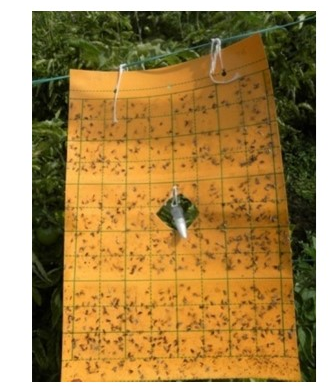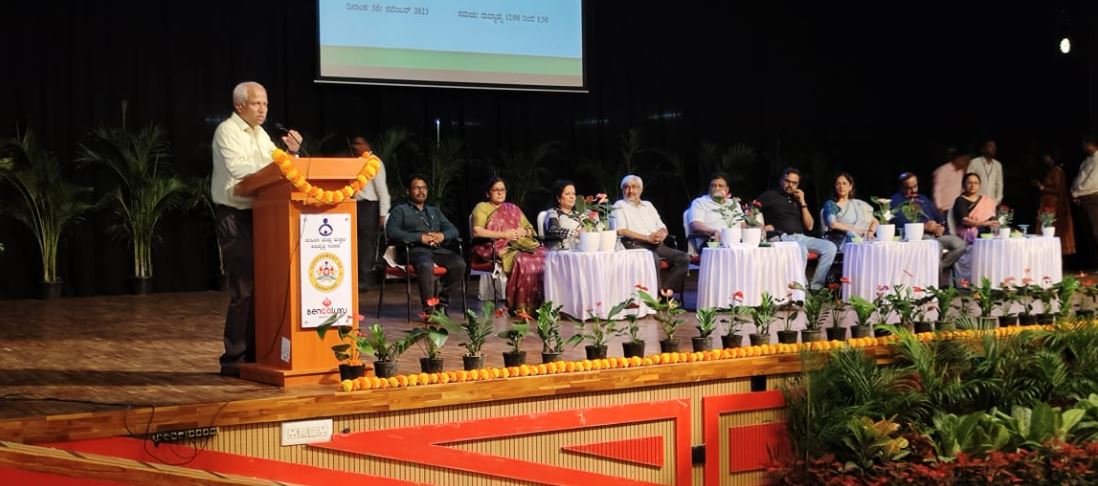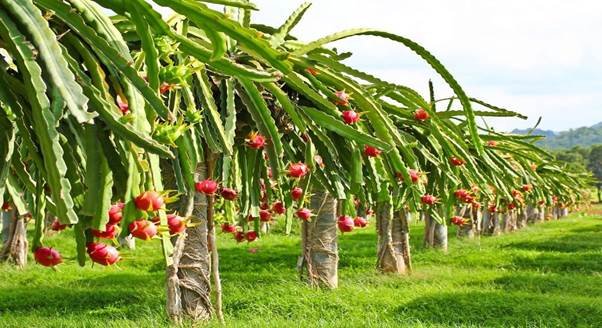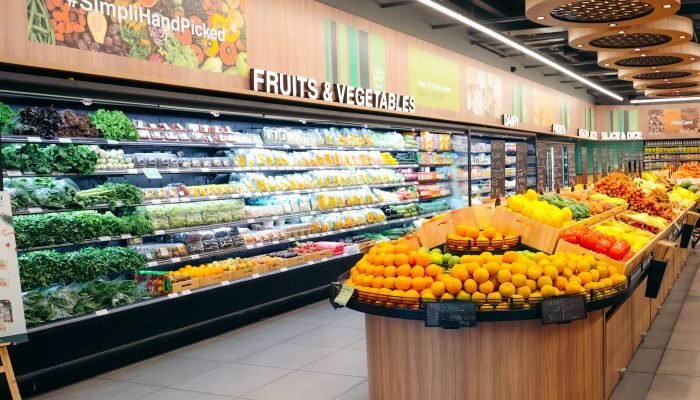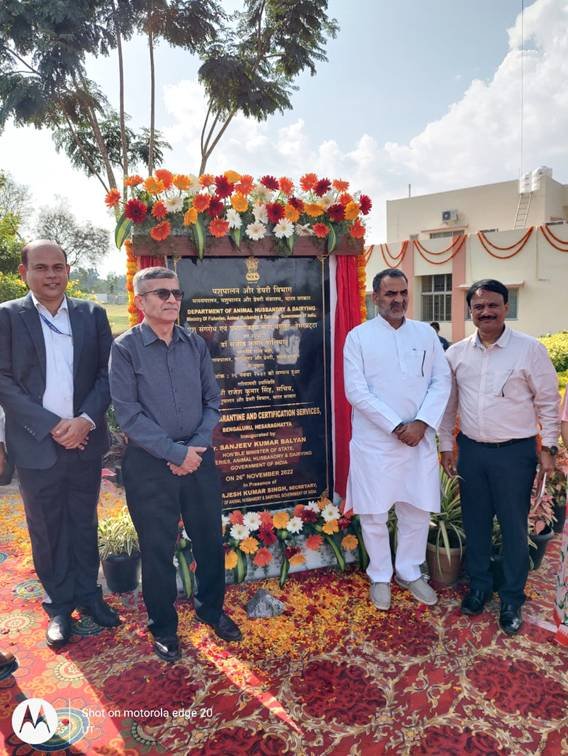From left to right – Jagdish Patankar, Executive Chairman, MM Activ and Dr KG Jagadeesha, CEO and Secretary, Coffee Board of India showcasing the preparedness of 5th World Coffee Conference 2023 at Bangalore Palace.
The event will feature engaging sessions, coffee tastings, competitions, panel discussions, and an exhibition showcasing cutting-edge coffee products and services.
Piyush Goyal, Minister of Commerce and Industry, Government of India will inaugurate the four-day 5th World Coffee Conference (WCC) 2023 organised by the International Coffee Organization (ICO), in collaboration with the Coffee Board of India, Ministry of Commerce and Industry, Government of India, Government of Karnataka, and the coffee industry on September 25, 2023, at the iconic Bangalore Palace, Bengaluru.
Speaking to media as a preview of the preparations for the upcoming 5th World Coffee Conference 2023 Dr K.G. Jagadeesha, CEO & Secretary of the Coffee Board of India, said “This prestigious occasion will unfold in the renowned Bangalore Palace, covering an impressive 30,000 sqm area. It is poised to be a global rendezvous for coffee enthusiasts, industry leaders, experts, and aficionados.”
He further said “the World Coffee Conference 2023 is expected to draw participants from over 80 countries, including 2400+ Delegates, 117 Speakers, 208 Exhibitors, 10,000+ visitors, and 300+ B2B meetings. The participants profile includes ICO Member Country Representatives, Coffee Growers, Coffee Roasters, Coffee Curers, Farm to Cup Coffee Industry, HORECA, Café Owners, Coffee Nations, Policy Makers, Start-Ups, R&D, and students.”
Dr Jagadeesha, who personally guided members of the media at the venue said “A dome-shaped structure has been designed that has Coffee Museum and showcase of the Western Ghats coffee plantation, serving as an enticing attraction for all the participants, particularly to create awareness of unique feature of shade-grown coffees of India to visiting global participants. This unique structure will illustrate the journey of a coffee bean from its source to the cup, showcasing various coffee varieties from India, utilising the natural plants sourced from this region of India.”
Jagdish Patankar, Executive Chairman, MM Activ, said “The event will feature engaging sessions, coffee tastings, competitions, panel discussions, and an exhibition showcasing cutting-edge coffee products and services. In line with India’s commitment to the global coffee industry, this event enhances awareness, fosters partnerships, and celebrates the world of coffee.”
From left to right – Jagdish Patankar,

